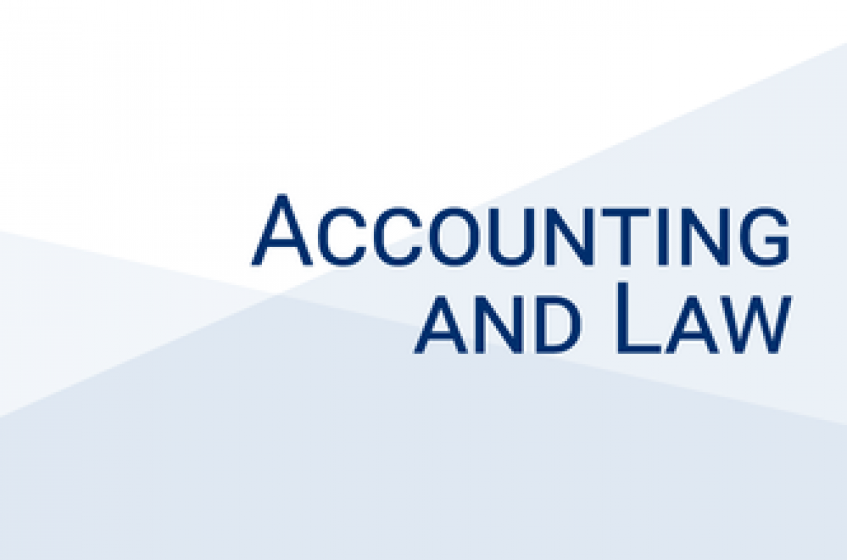Why Do Loss Firms Pay Taxes?
Prof. Alexander Edwards
Professor of Accounting
Rotman School of Management
University of Toronto
In a broad sample of publicly traded firms over the period 1988−2017, we observe that the share of firms annually reporting pre-tax book losses increased from about 20 to 35%. Of those loss firms 67% have positive cash tax payments (taxpaying loss firms). The amount of taxes paid by these loss firms is substantial and increasing over time. Surprisingly, we also observe that taxes paid are increasing in the magnitude of pre-tax losses. This study seeks to understand this prevalence of taxpaying loss firms. We investigate the determinants of why loss firms pay taxes. We find that firms’ multinational vs. domestic status, state taxes, consolidation differences (minority interest and equity method earnings), goodwill impairments, asset write-downs, extraordinary items and discontinued operations, depreciation differences, the frequency of losses, and firm size are important determinants of why loss firms are paying taxes and are associated with the magni-tude of the taxes paid. We also examine the effects of internal information quality and managerial ability and show that both are positively associated with tax payments in loss firms.











